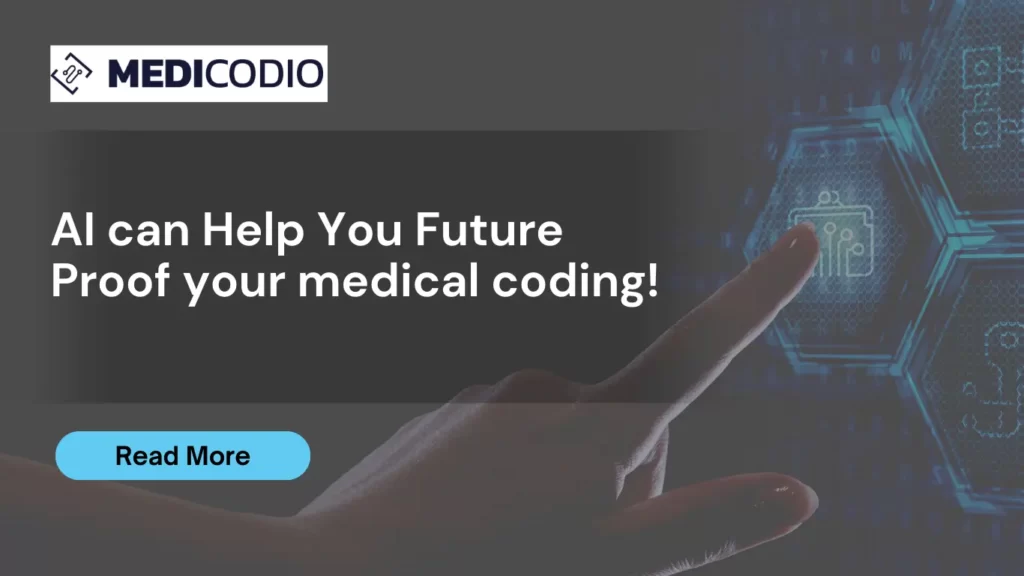When we talk about healthcare, medical coding can’t be overlooked. From interpreting the patients’ diagnoses and treatments into universal standard codes that become the data adjudicated for medical billing reimbursements, it is an indispensable part of the healthcare industry.
Why Artificial Intelligence in medical coding?
Doing all of this manually can be tiresome, time-consuming, and loaded with human errors. Artificial intelligence is utilized to streamline the process and achieve better efficiency.
AI is not exactly replacing the jobs of medical coders; it’s giving them a tool to make the process smooth with more accuracy. The intelligence of human coders can be utilized more productively rather than performing the same repetitive tasks. AI is a game changer and is here to stay considering Al-powered coding enables the process to flow seamlessly.
How does “AI-powered coding” make the process smooth?
What’s intelligent and insightful about AI lies in the fact that it develops over a period and the machine learning algorithms examine tons of patterns and regulatory changes to lead to even more efficient results.
Considering medical coding, a specific application of AI is Natural language processing (NLP). NLP enables quick coding of the unstructured data alongside rectifying errors in spelling and scanning the words and phrases to suggest the appropriate medical code.
AI tools will also spot deficiencies to improve clinical documentation, which directly impacts medical coding.
AI is not only speeding up the process of medical coding but also cutting back the scope of errors which is the natural tendency of humans. Along with all this, AI is like a guiding light for physicians rendering them immediate feedback to identify coding errors and take immediate actions.
How is AI making its way toward a robust healthcare sector?
Artificial Intelligence has bolstered the medical coding as well as the billing process giving them the required agility. Indeed, a robust healthcare sector is making its way.
With advanced, methodical, and structured solutions for medical coding, AI has taken over and there’s no looking back. Not only has it saved providers from claim denials and compliance issues but has effectively reduced the costs allowing healthcare providers to increase claim turnaround.
Although we cannot let go of the fact that there could be disparities in the coding algorithms which may cause reimbursement issues. The situation is the rarest of all, but its occurrence can’t be denied as AI is also evolving with time.
Artificial Intelligence is the Future Reality!
This AI revolution in the healthcare sector for medical coding is not here to replace the flexible minds of humans but rather to make us all better at being more productive humans. From mitigating the risks and reducing redundant repetitions to improving the overall efficiency in medical coding, AI has been ground-breaking for all the innovations it has brought in the healthcare sector. Thanks to AI, Medical coding is tech-ready and future-proof!





